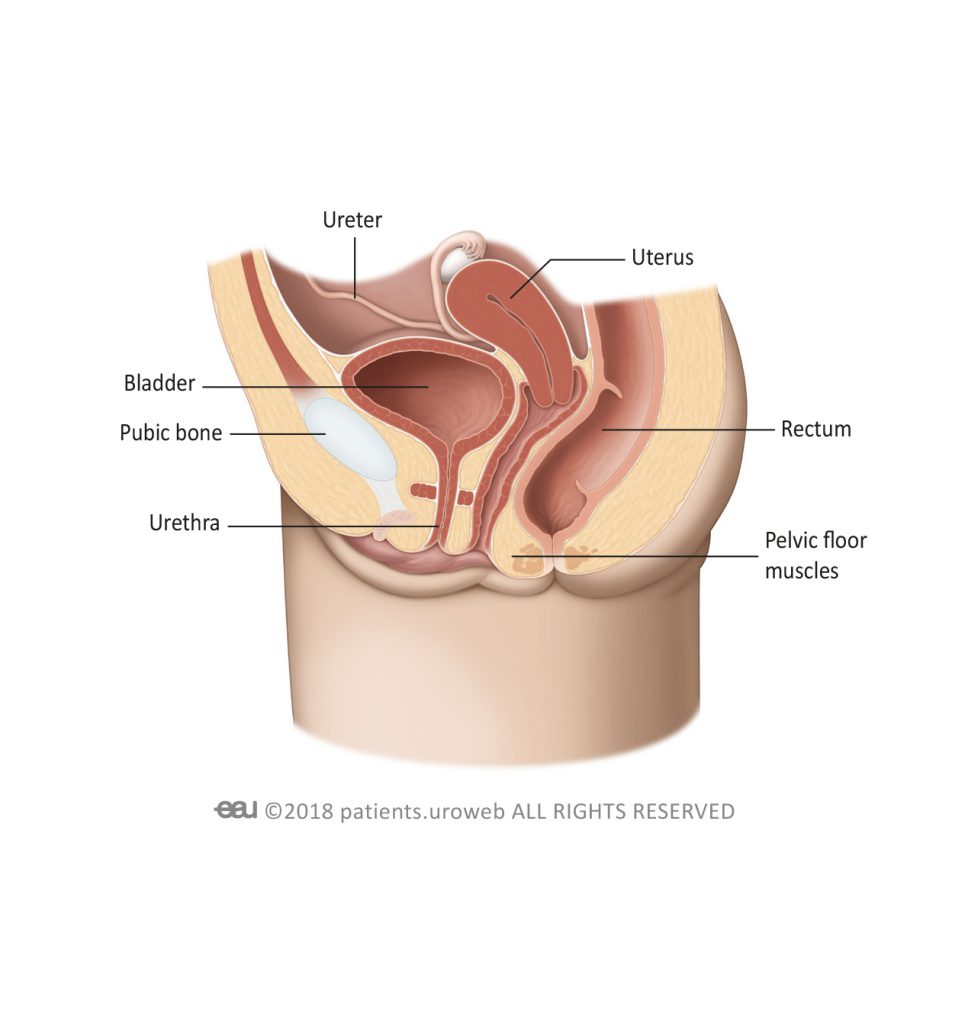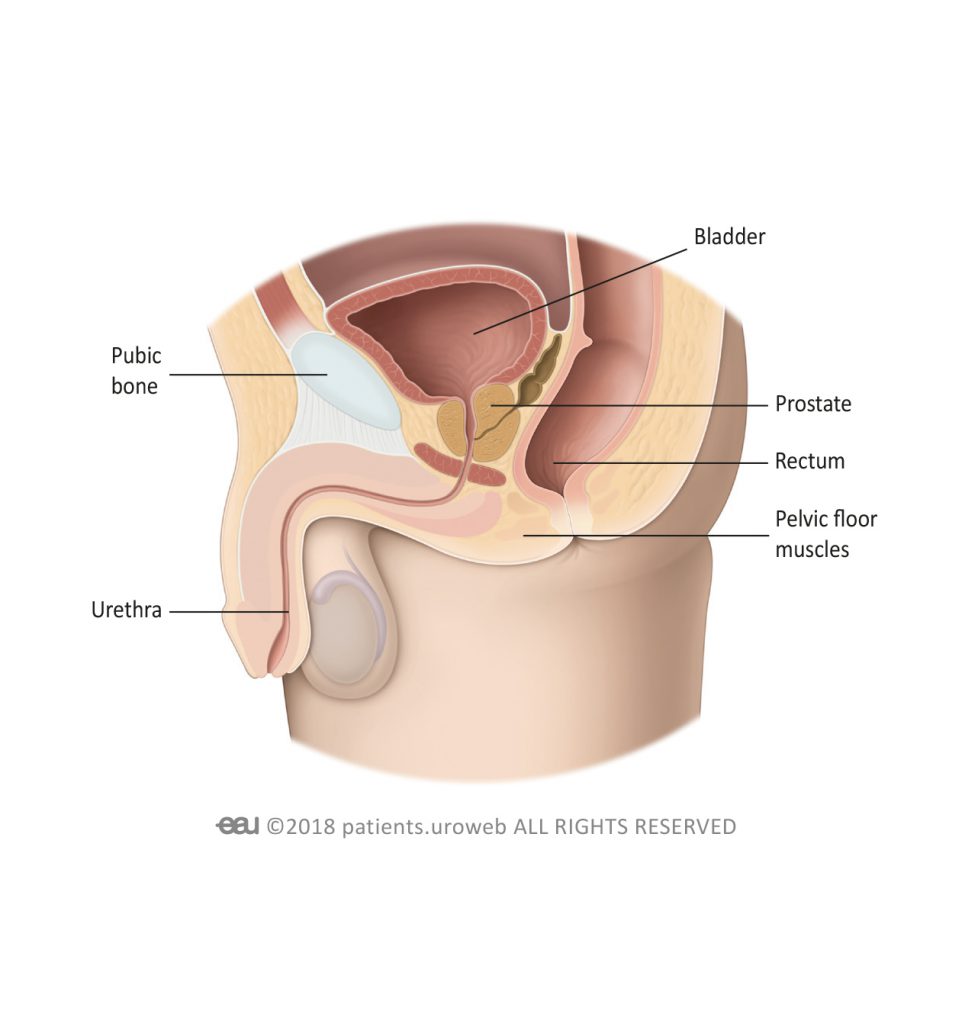Table of Contents [hide]
Lifestyle advice
Your diet can have an effect on urinary incontinence. By looking at when, what, and how much you drink or eat, you may find behaviours which worsen your condition. Minor changes to your dietary habits can offer some improvement.
Drinking too much or too little throughout the day will affect your incontinence. You should discuss with your doctor how much you should drink in a day. It may seem like an easy solution to drink less to avoid urine leakage. However, this can be harmful because it may lead to dehydration, urinary tract infections, urinary stones, or constipation.
Caffeine, alcohol, and soft drinks do not cause incontinence but it is well known that they can worsen urgency and frequency symptoms in some people. Avoiding these types of drinks may improve your condition. Remember that even drinks marked as decaffeinated may have some caffeine.
Certain types of food could irritate the bladder. The most common are spiced or spicy food and sharp-tasting food, like lemons or strong cheeses. It may help you to avoid food that you think makes the incontinence worse. The best way to figure out what works for you is to try different things.
Constipation and obesity have been linked to incontinence. To have a healthy weight and maintain regular bowel movements, it is important that you have a balanced and varied diet which includes vegetables, fibre, and fruits. Some of your symptoms may improve if you lose weight.
Bladder training
Your doctor may recommend a course of bladder training. The first step of the training is to keep a bladder diary. Here you record how much you drink, how often you urinate, and how much urine you produce. Based on this information your doctor will propose a schedule for urinating. By following the schedule you train your bladder. If training is successful, the bladder can also hold more urine.
Pelvic floor muscle exercises
The pelvic floor muscles support the bladder and the bowel (Fig 1a and 1b). They can weaken with age, illness, or hormonal changes. Pregnancy and childbirth can weaken the pelvic floor muscles in women. Weak pelvic floor muscles can lead to urine leakage. Prostate surgery, and in particular radical prostatectomy, can weaken the pelvic floor muscles in men.
A structured programme of exercises to strengthen the pelvic floor muscles can improve urinary incontinence. It consists of a series of exercises to train the muscles, which is designed specifically for your needs.
Always consult your healthcare professional before trying these exercises.



